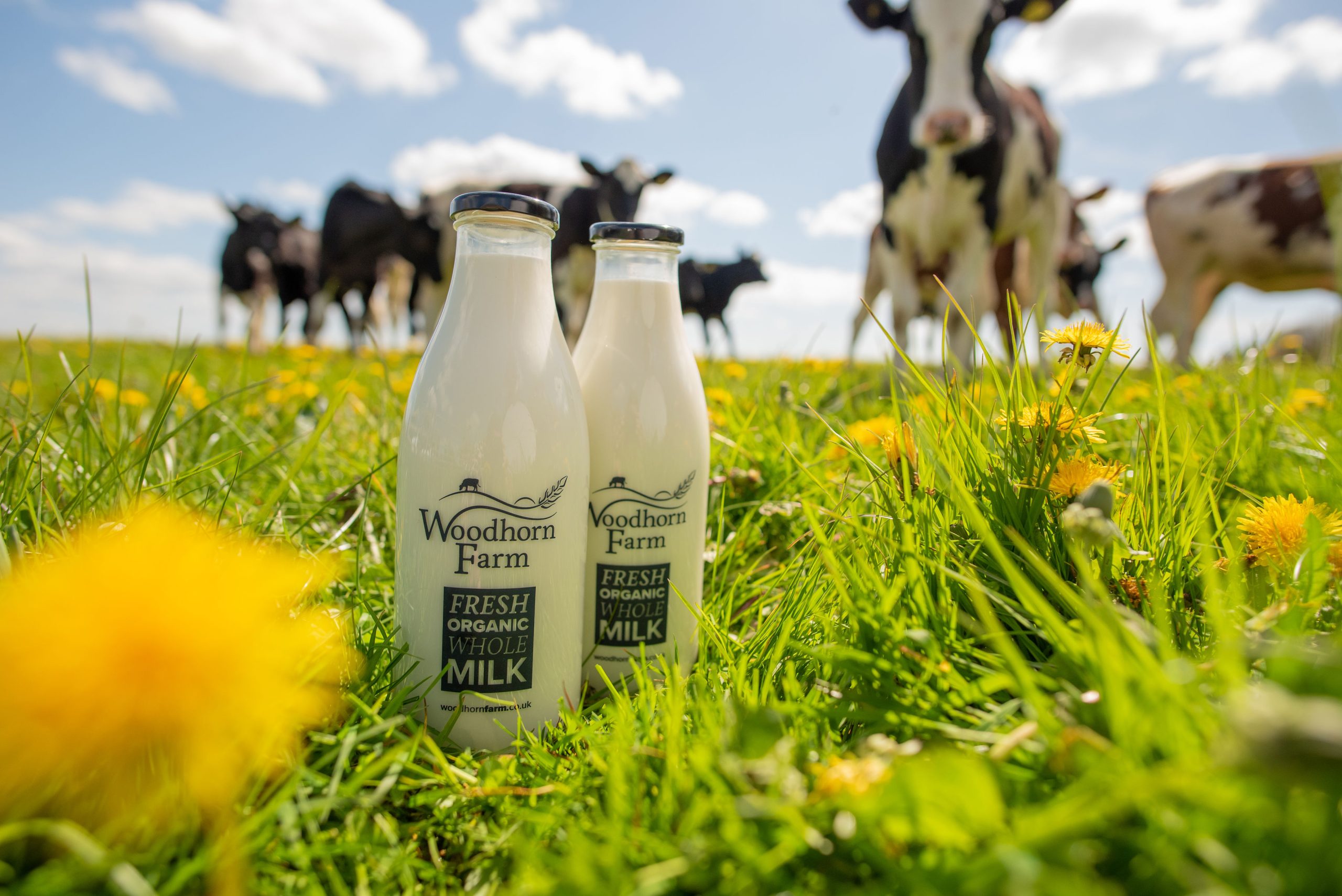
In 2023 we launched our very first milk vending operation, selling our organic milk to customers direct at The Oving Cow Shed in Oving, the nearest village to our farm. So it felt it good time to share an update on all things milk!
Two years ago we set out to bring fresh, organic milk straight to our community and since then The Oving Cow Shed has become a local favourite, offering a wide range of farm produce and locally produced treats. We’ve loved every second of bringing fresh farm goodness to our customers and offering a simple way to enjoy milk at its best.
Milk and beyond…
In the early days, we listened to our customers and quickly added other farm produce to our vending machines. As proud members of the Organic Herd dairy co-operative for 25 years, we share a commitment to sustainable, organic farming. When Organic Herd launched a new range of products in 2023, it offered us a fantastic opportunity to stock their delicious cheddars and creamy butter.
Since then, we have increased our range to almost 20 products including locally produced eggs, honey, chocolate, condiments and handmade treats from a local baker. The Cow Shed has become one-stop shop for local, fresh produce!
On Air with V2 Radio
One of the highlights of this year was featuring on local radio station, V2 Radio. We welcomed the V2 team for an outdoor broadcast of the breakfast show which came live from the Shed this summer. It was a morning full of fun, laughter, and community spirit! Many of our customers came out to support us, and it was a good reminder how much community support means to us.
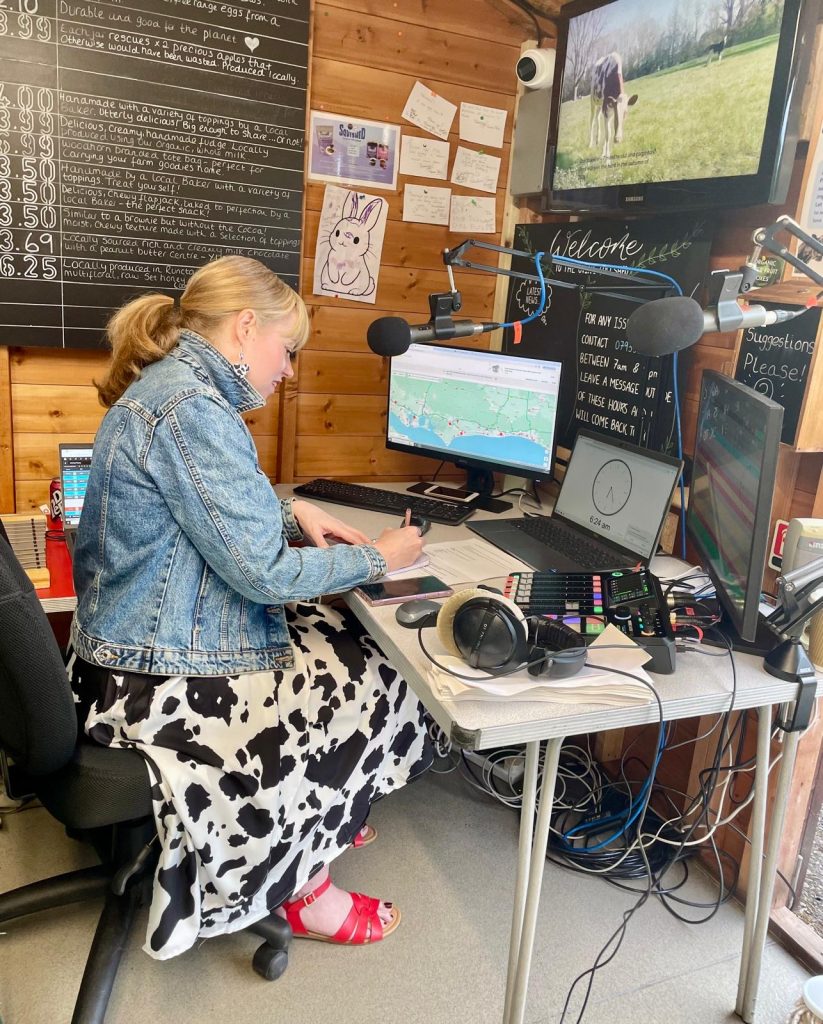
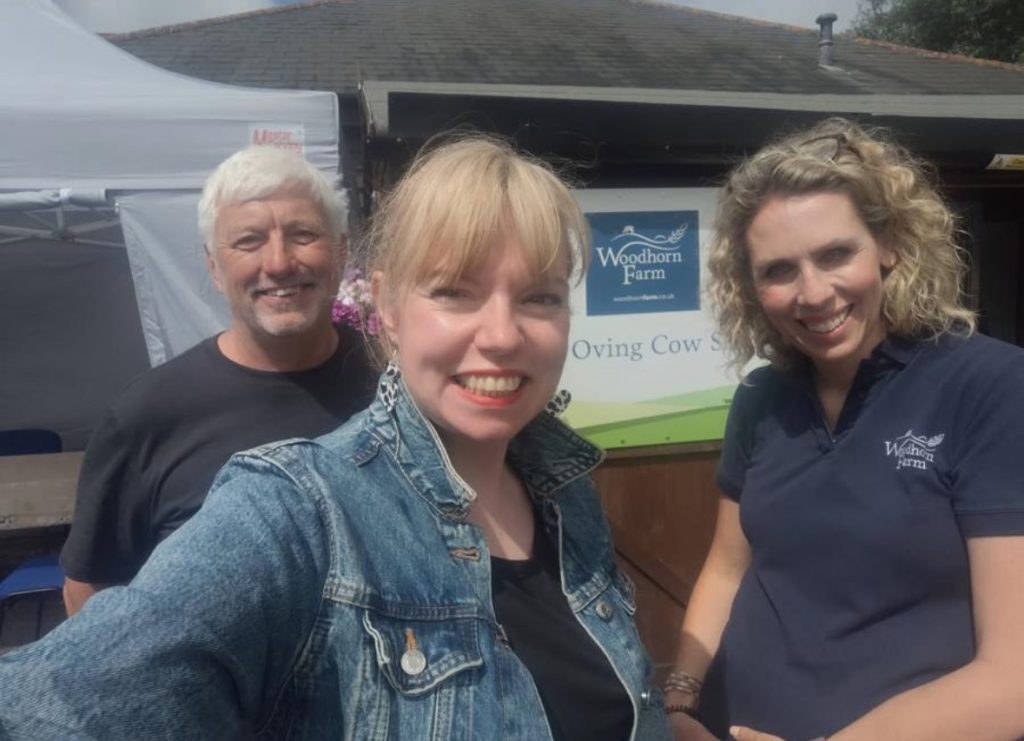
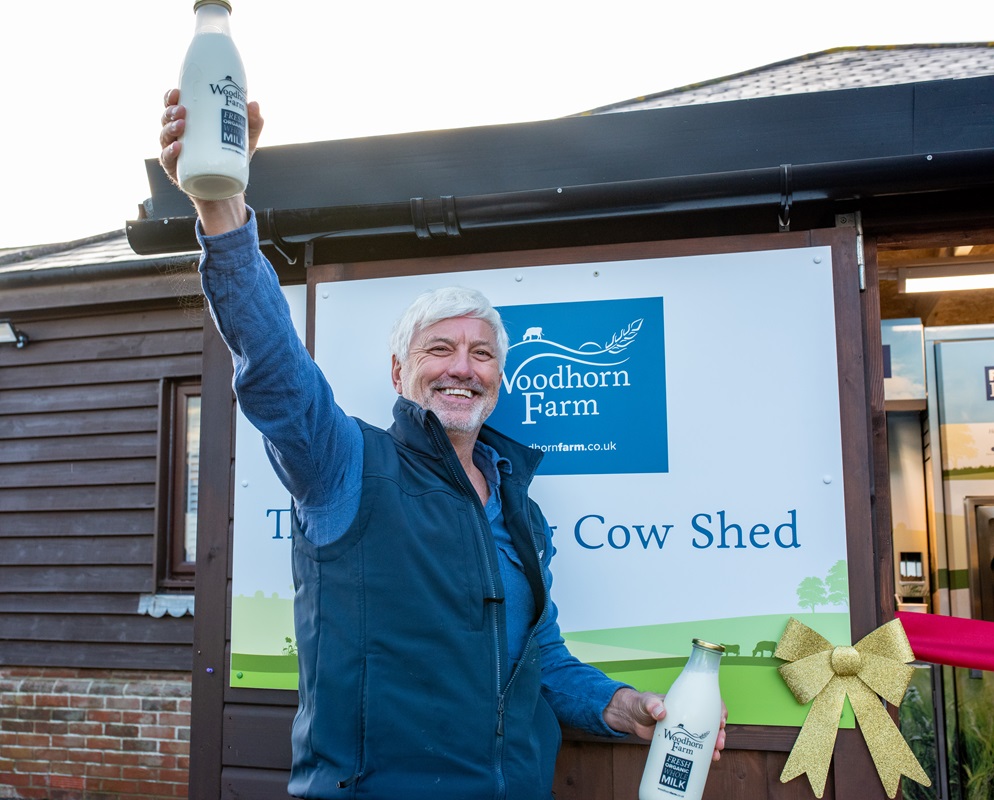
Welcoming Young Learners
We’ve also hosted regular school visits this year, giving children the chance to learn about farming, sustainability, and where their food comes from. Educating the next generation is something we’re passionate about – our industry needs awareness and support, and who knows, maybe we’ve met some future young farmers along the way!
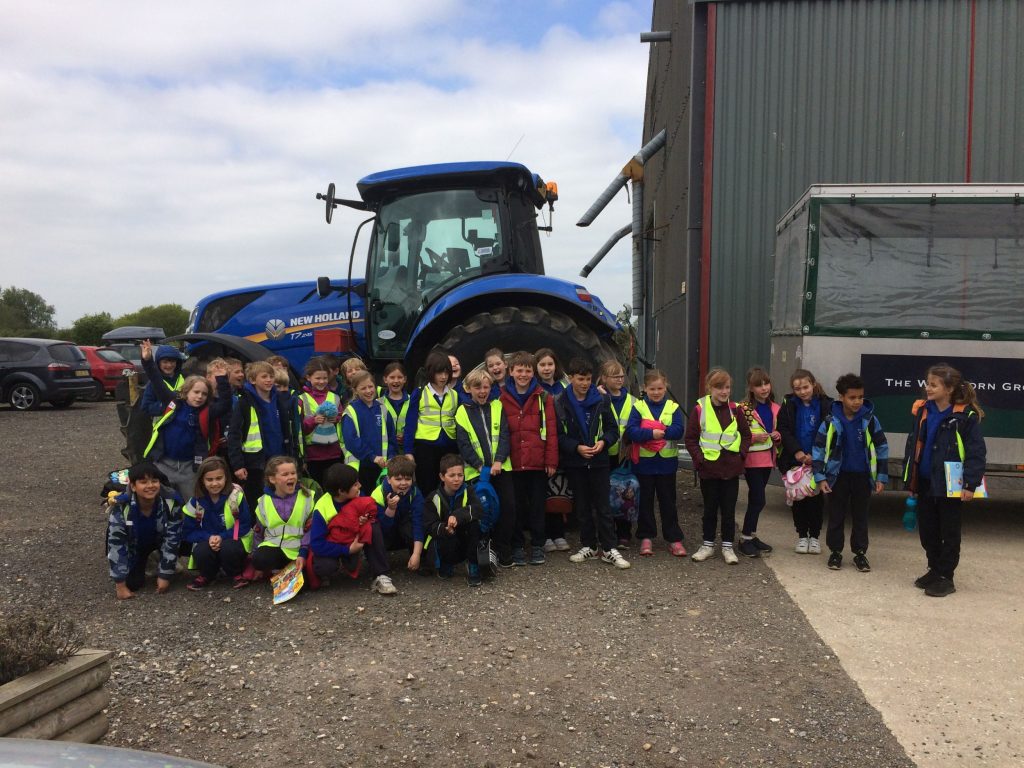
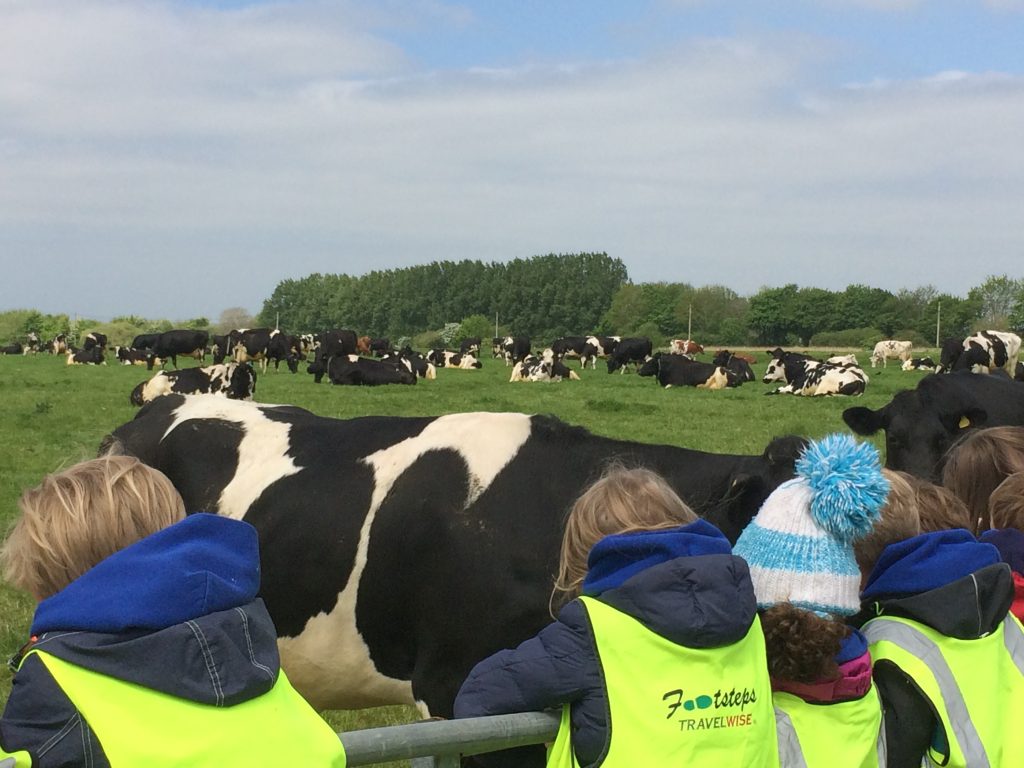
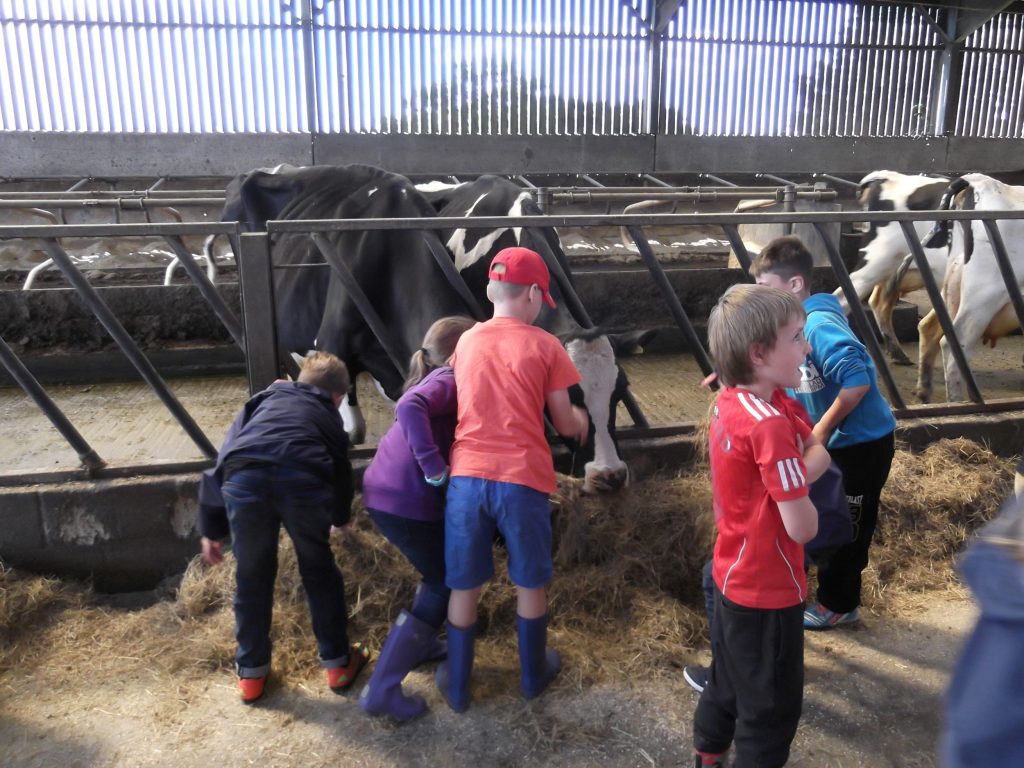
Second Site Launch at Berries on Tap
In June 2025 we launched our second milk vending location at Berries on Tap, an established vending business in Sidlesham. With a growing customer base Berries on Tap offers soft fruit, vegetables and other locally sourced products. Adding our farm-fresh organic milk means more convenience for customers and more opportunities to share our passion for local produce.
We’re delighted with our decision to offer customers the opportunity to buy Woodhorn Farm milk directly, and it’s been amazing to see this venture develop into a second venue so quickly. We’re looking forward to continuing to supply and champion fresh organic farm milk to our local community and beyond in the months and years ahead.

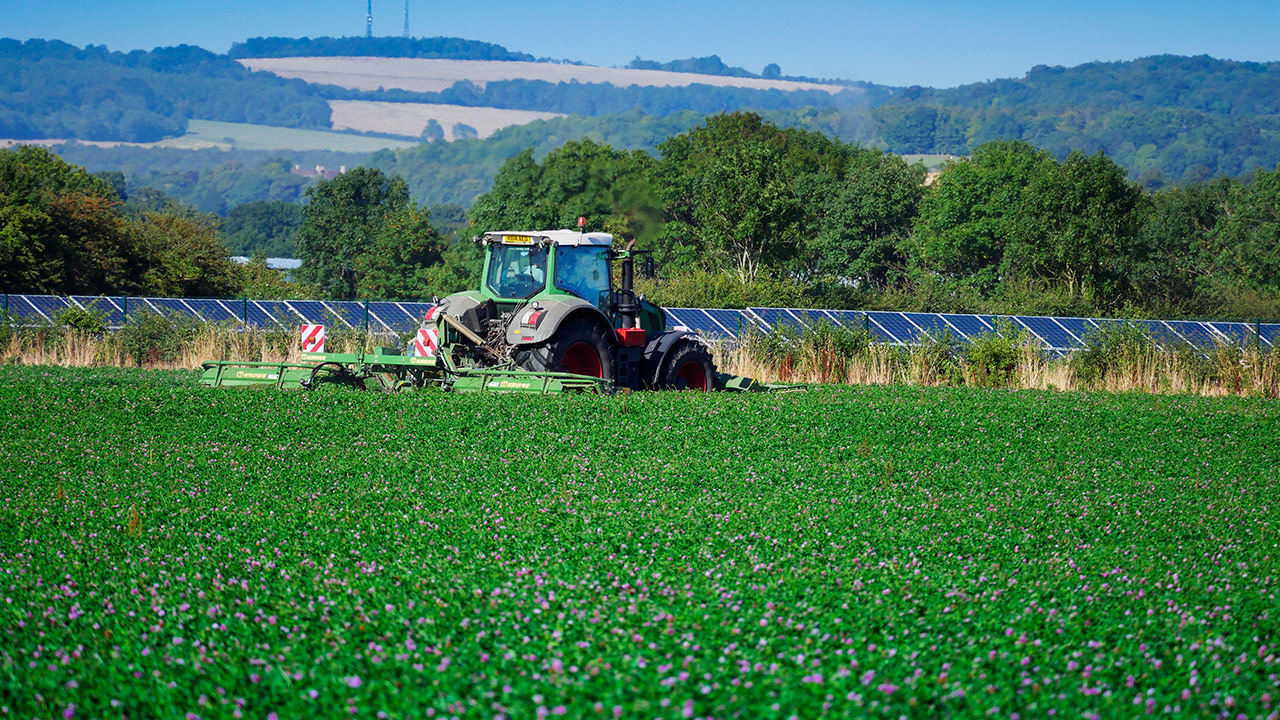
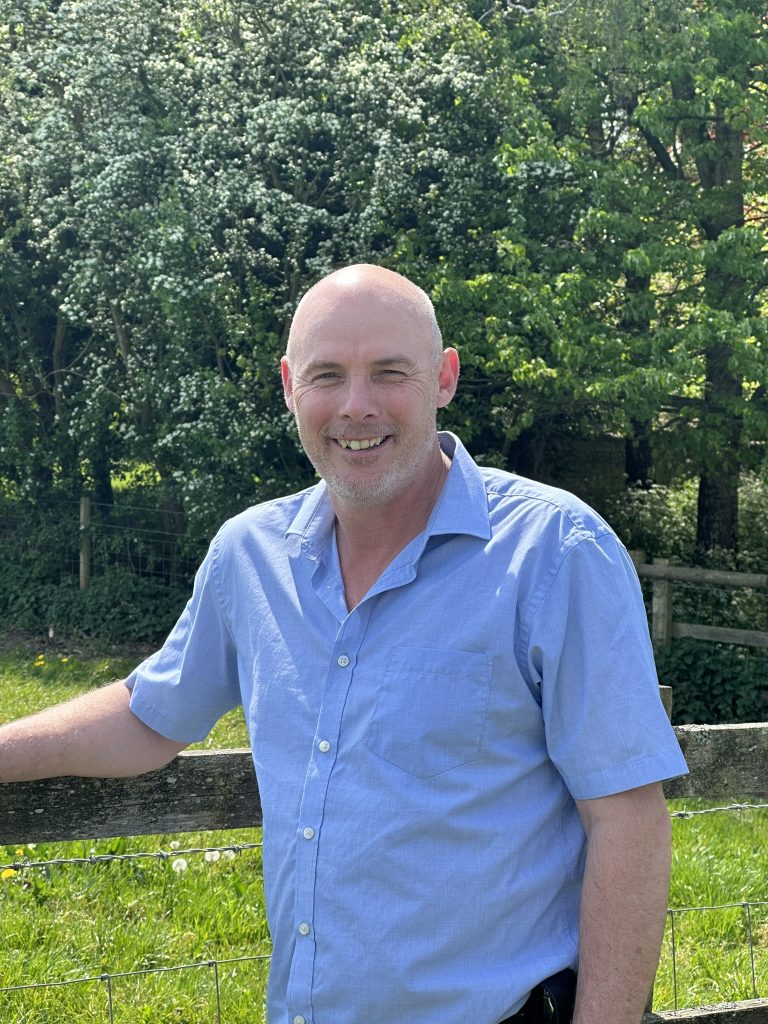
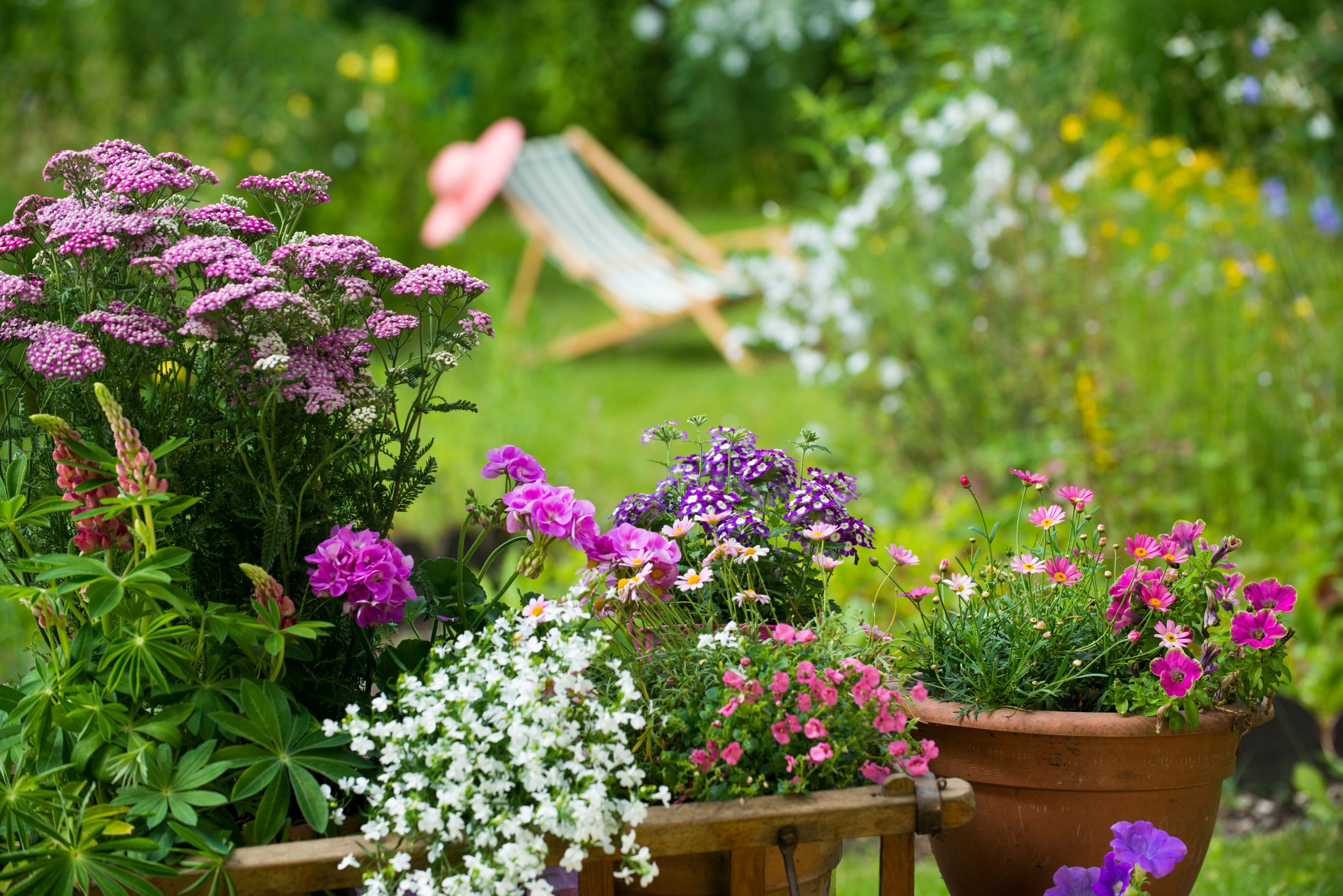

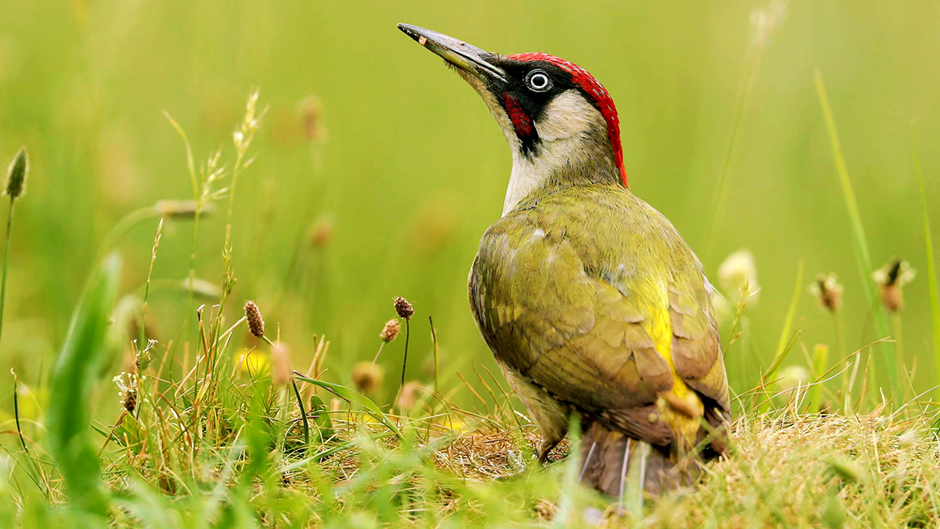

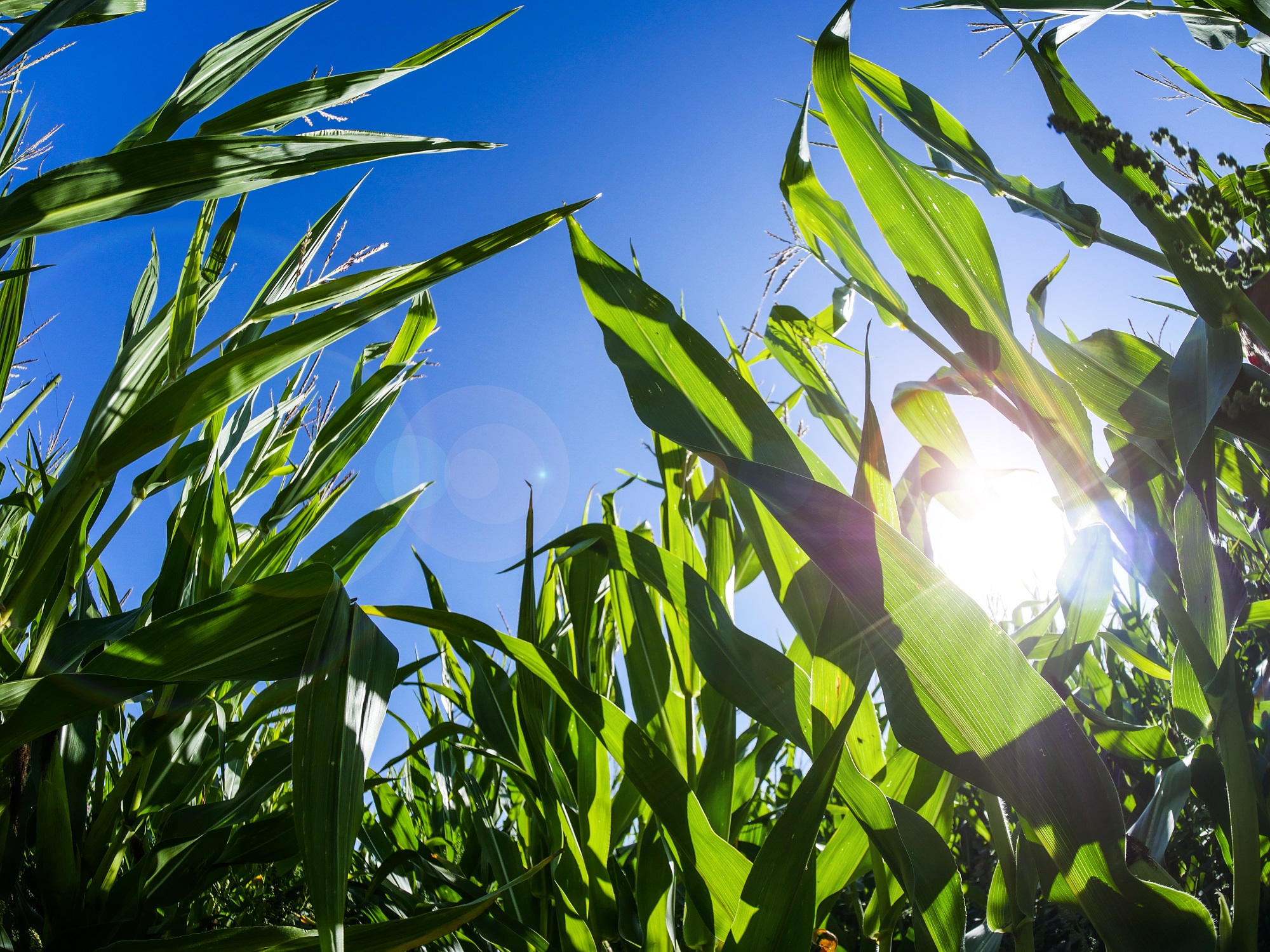
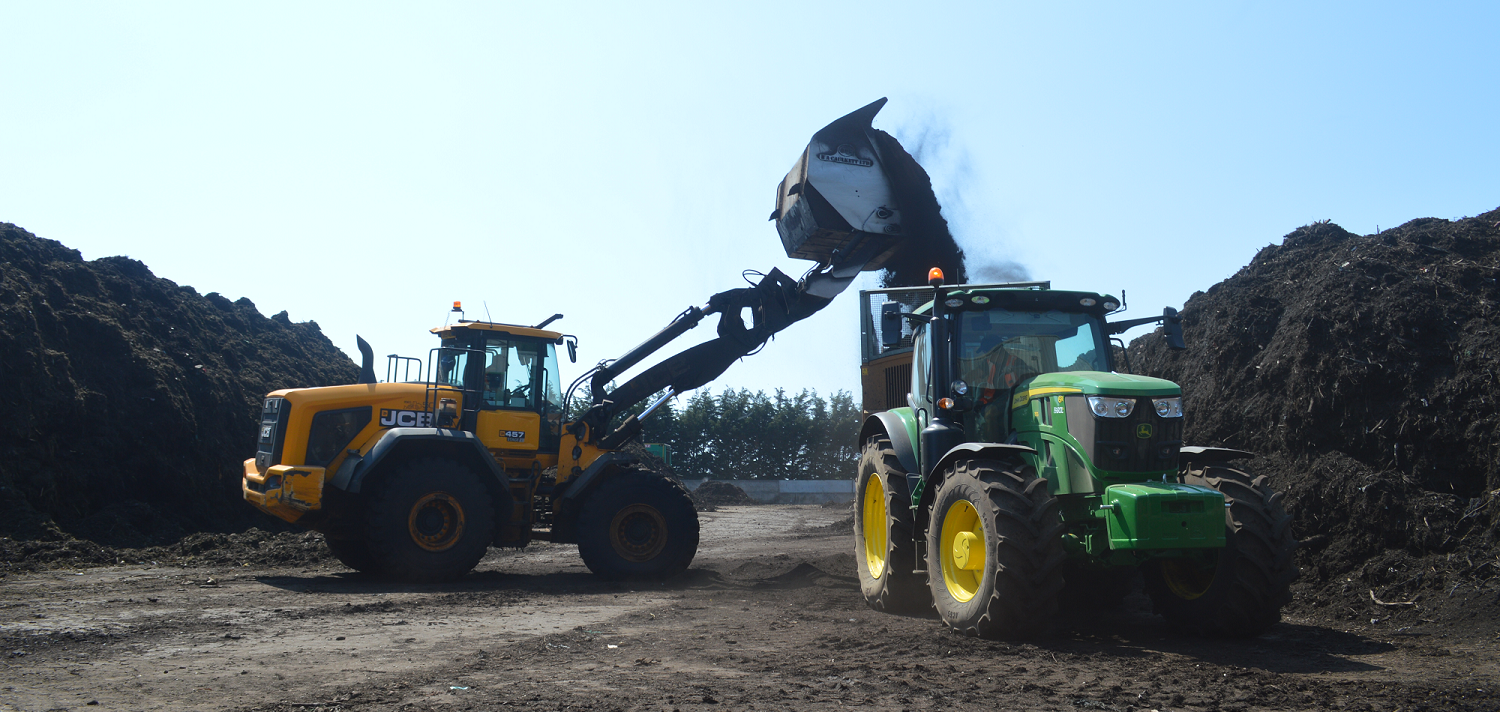

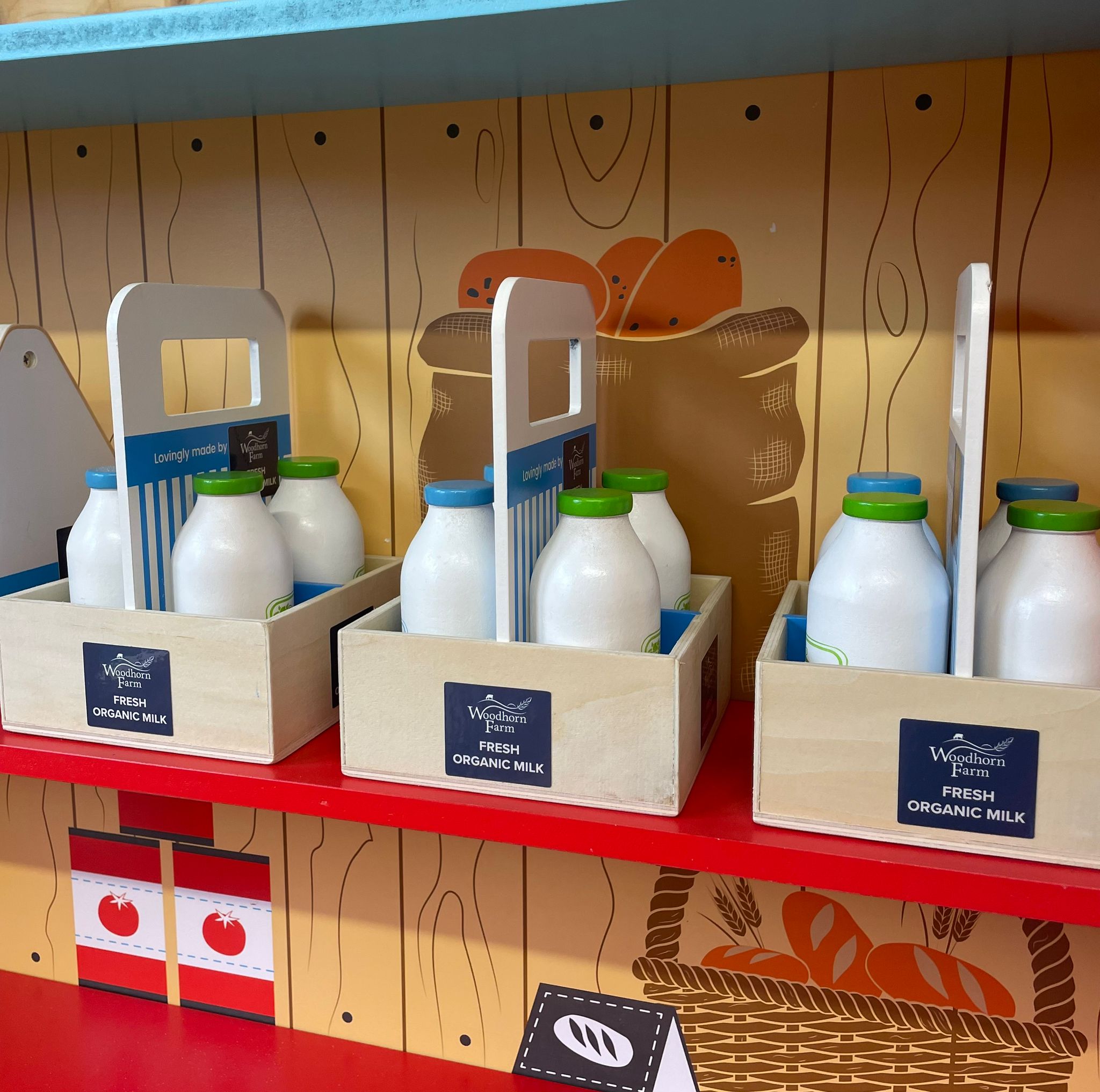
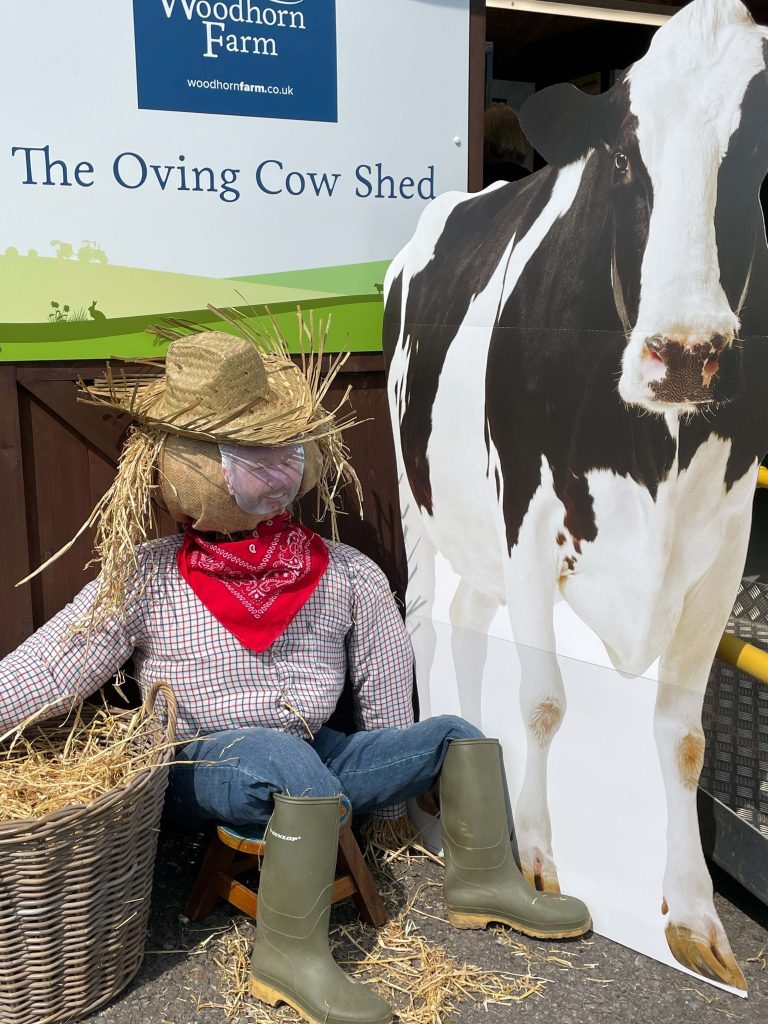
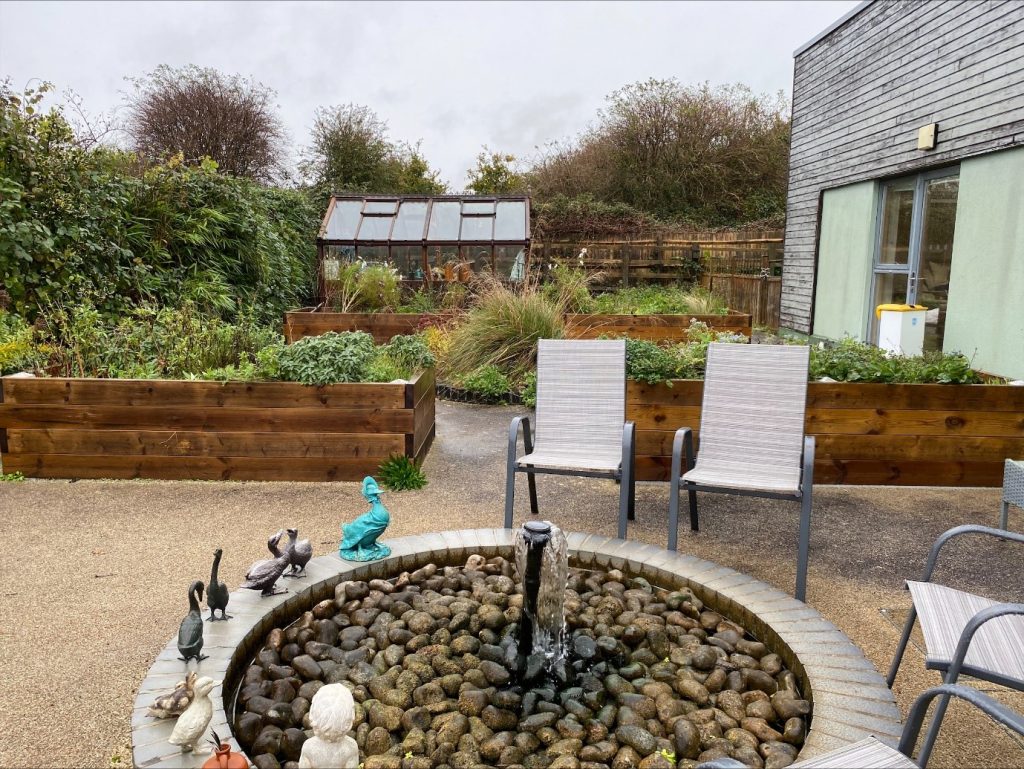
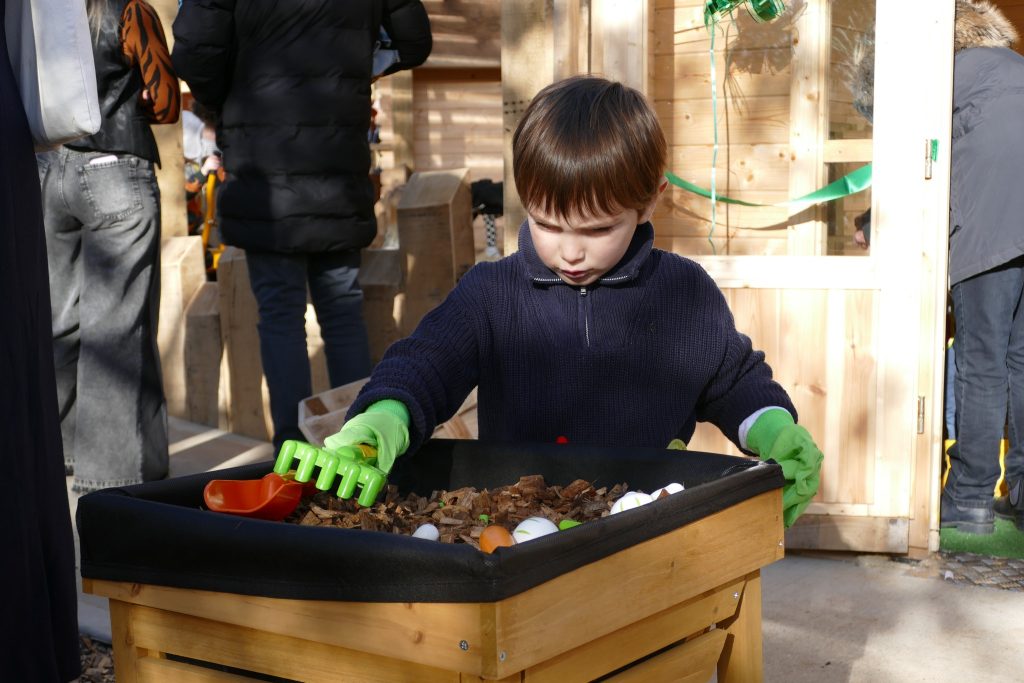
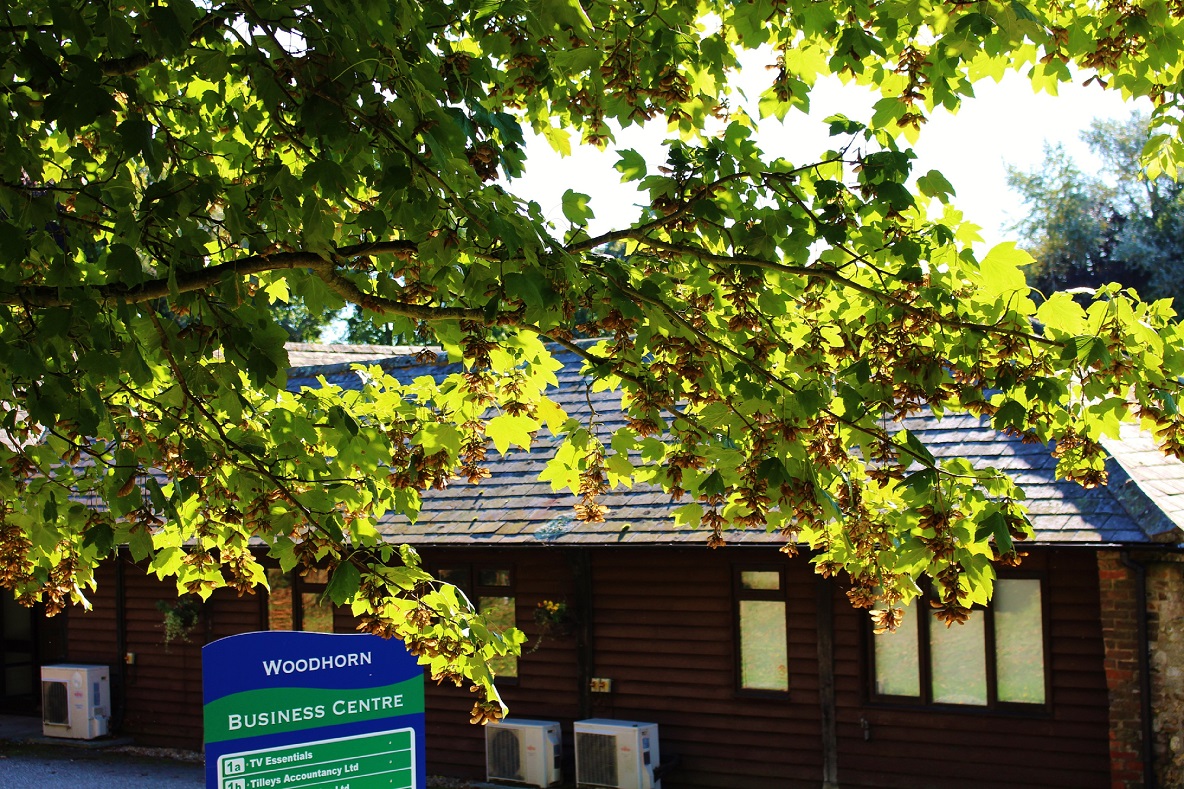
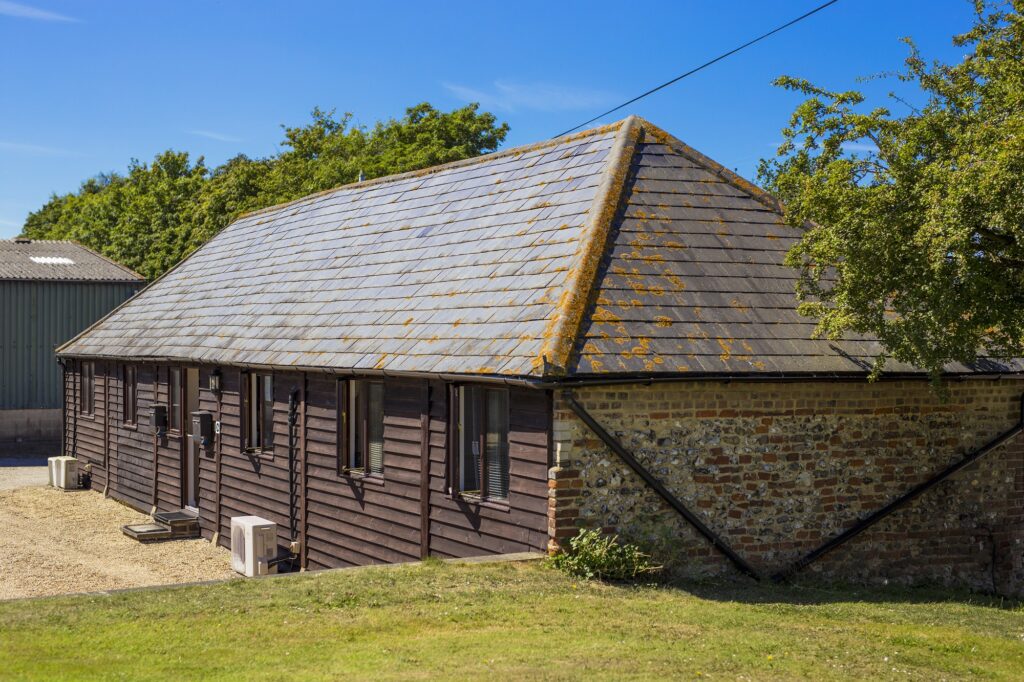
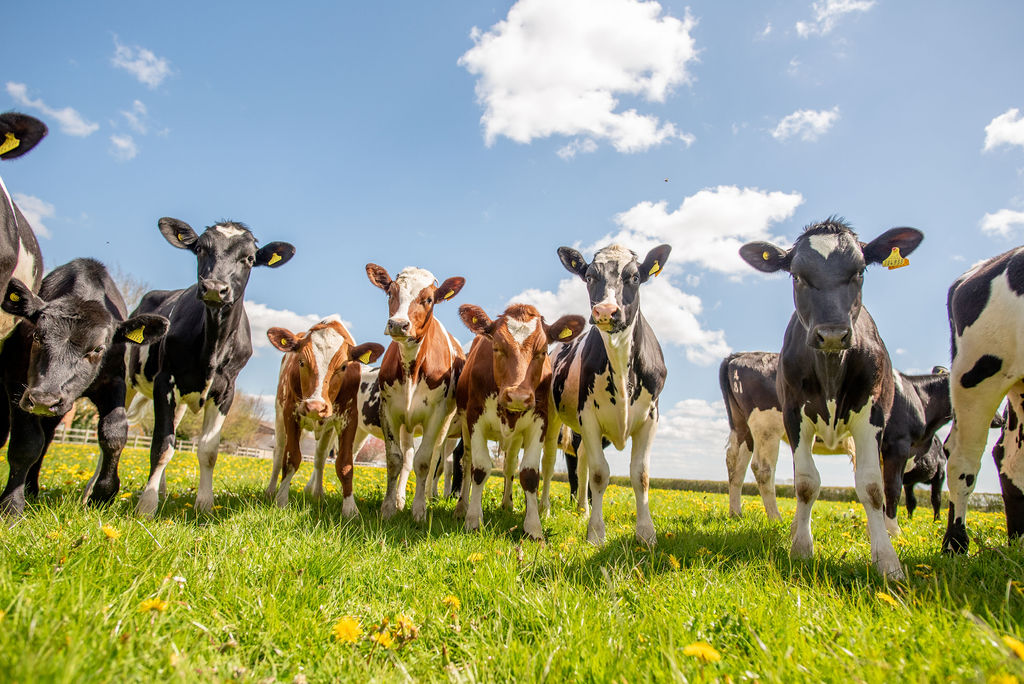
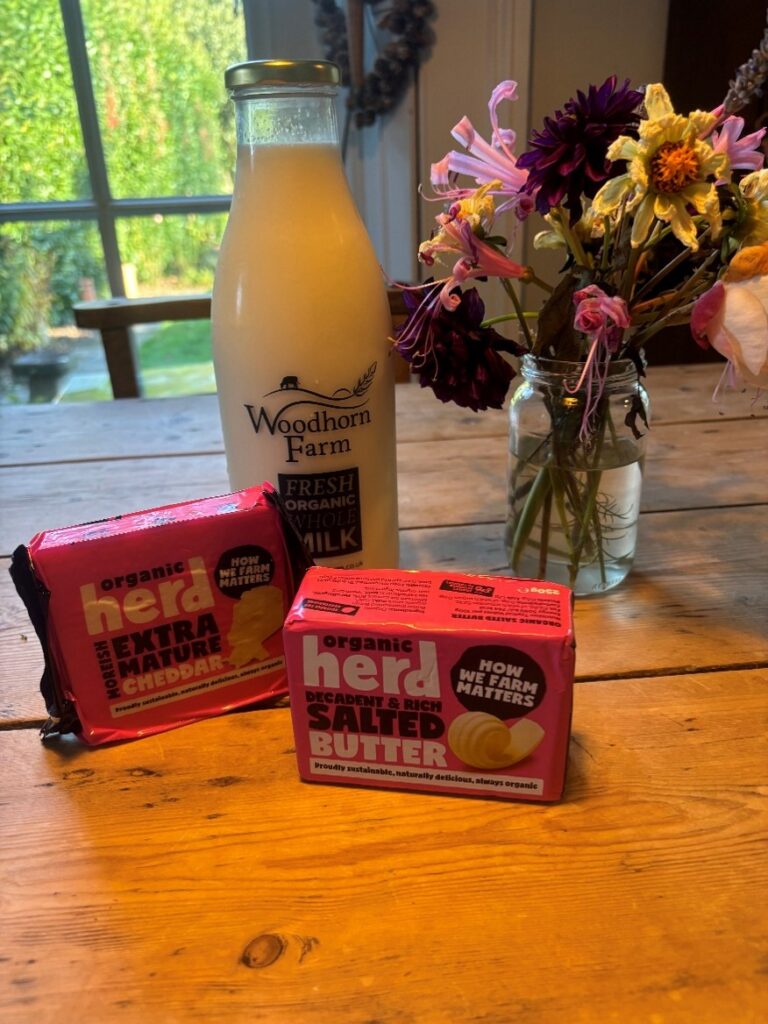
Recent Comments